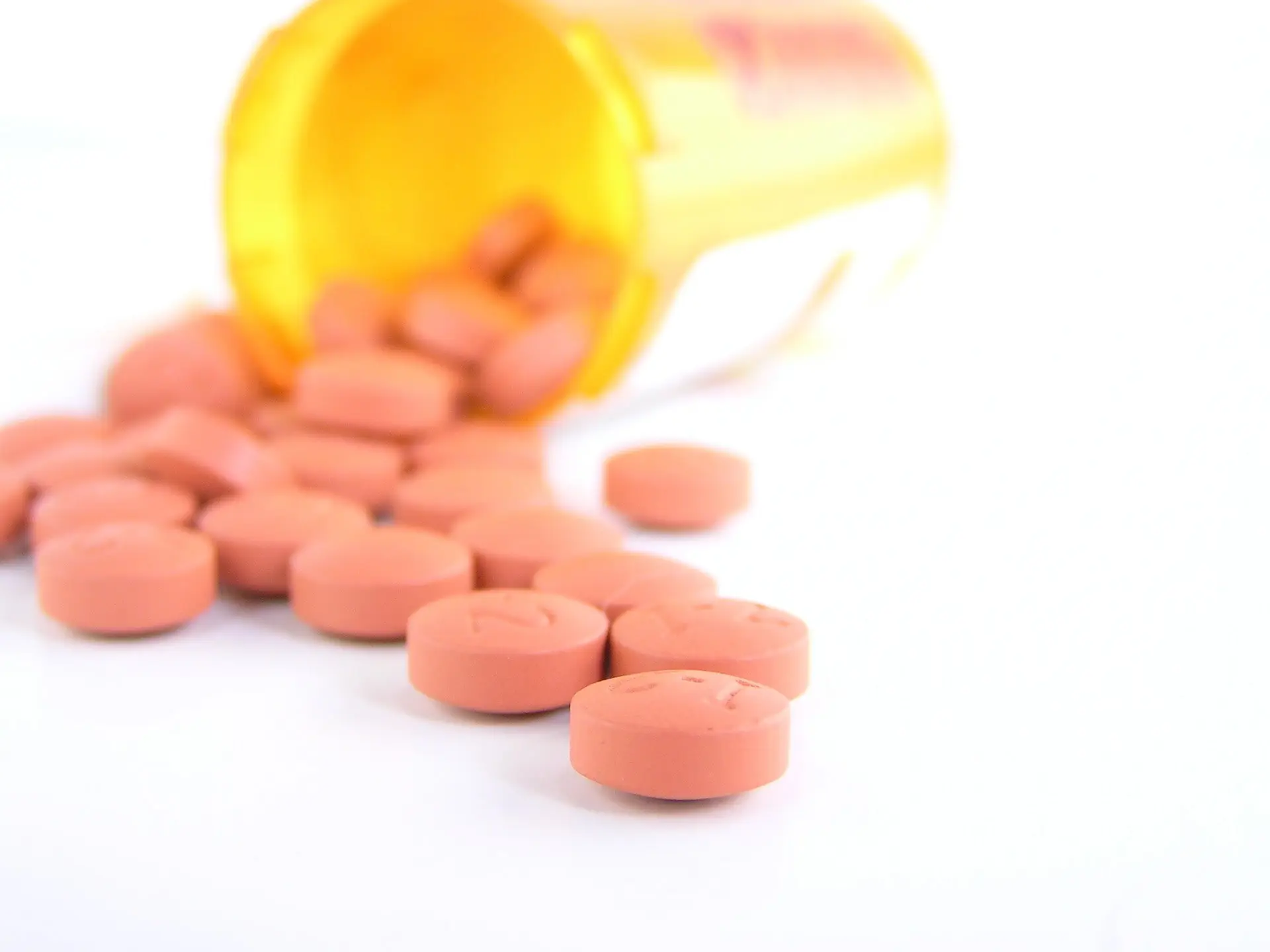Toxic Tort Lawyer South Carolina

Navigating the complex terrain of toxic tort cases requires a legal team with specialized expertise and a deep understanding of South Carolina laws. At Mann, Blake & Jackson, we stand at the forefront of personal injury and medical malpractice law, committed to helping victims of toxic exposure get the compensation and justice they deserve. Our extensive experience in this nuanced field equips us to handle the scientific and legal complexities that toxic tort cases often entail. Reach out to us for a free consultation at 803-525-1645 to speak with a toxic tort lawyer and take the crucial first step towards safeguarding your rights and well-being.
Understanding Toxic Tort Claims in South Carolina
In an age where environmental consciousness is increasingly prevalent, the term “toxic tort” is becoming more familiar. However, many South Carolina residents may not fully understand what it entails, particularly in a legal context. In simple terms, a toxic tort claim arises when an individual is harmed due to exposure to a toxic substance.
Defining Toxic Tort
A toxic tort is a specific type of personal injury claim that occurs when someone has been exposed to a hazardous substance, leading to injury or illness. These claims often involve complex scientific data and require the expertise of attorneys well-versed in both the medical and legal intricacies of such cases.
Types of Toxic Tort Cases
Chemical Exposure
One common type of toxic tort case involves exposure to hazardous chemicals, such as benzene, asbestos, or pesticides. This can happen in various settings, including the workplace, homes, or public spaces.
Pharmaceutical Drugs
Dangerous drugs or side effects undisclosed by pharmaceutical companies can also lead to toxic tort claims. People who suffer from these side effects often group together in class-action lawsuits.
Environmental Pollution
When communities are affected by polluted air or water, multiple residents can file toxic tort claims against the responsible parties—often industrial companies that have improperly disposed of waste.
Key Elements of a Toxic Tort Claim
To succeed in a toxic tort claim, plaintiffs must establish:
- Exposure: Proof of exposure to a toxic substance
- Causation: A link between the exposure and the plaintiff’s injury or illness
- Negligence or Liability: That the defendant was aware or should have been aware of the hazard but failed to act responsibly
- Damages: Verification of physical, emotional, or financial harm
Challenges in Filing a Toxic Tort Claim
These cases often involve intricate scientific details, making them inherently complex. You’ll likely need expert witnesses, such as medical professionals or environmental scientists, to substantiate your claims. Moreover, it may be difficult to prove causation, especially if symptoms manifest long after the exposure occurred.
Understanding toxic tort claims can be a daunting task due to their complexity. However, if you or someone you know has been adversely affected due to exposure to a toxic substance, it’s crucial to act quickly and consult a legal expert.
Types of Damages Recoverable
Toxic tort claims are particularly complex types of personal injury cases involving exposure to hazardous or toxic substances. For individuals and communities in South Carolina affected by such exposure, it’s crucial to understand the different types of damages that may be recoverable. This knowledge can serve as a guide for taking appropriate legal action.
Medical Expenses
The primary and most immediate type of damage in any toxic tort case is medical expenses. Whether it’s initial emergency care, ongoing treatment, or future medical needs, you can claim these expenses as part of your damages. This category can also include costs for medical devices, surgeries, hospital stays, and even transportation to and from medical facilities.
Loss of Income and Earning Capacity
Exposure to toxic substances often results in the inability to continue working, either temporarily or permanently. You can claim damages for the income lost during the period you were unable to work. If the exposure has resulted in a long-term disability that limits your ability to earn in the future, damages for the loss of future earning capacity may also be recoverable.
Pain and Suffering
This is an intangible damage but is just as significant. The pain and suffering caused by exposure to toxic substances—both physical and emotional—can be debilitating. While it’s challenging to put a monetary value on this type of damage, experienced attorneys can guide you through the process.
Emotional Distress
Exposure to toxic substances can result in significant emotional and psychological trauma. Emotional distress damages compensate for the anxiety, depression, and other emotional issues that arise from the exposure and its aftermath.
Wrongful Death
If exposure to a toxic substance leads to the death of a loved one, family members may be entitled to bring a wrongful death claim. Damages could include funeral expenses, loss of consortium (loss of a family relationship), and more.
Punitive Damages
In some cases, where the defendant’s conduct is found to be especially egregious, punitive damages may be awarded. These damages are not aimed at compensating the victim but rather at punishing the defendant and deterring similar conduct in the future.
Speak to a South Carolina Toxic Tort Attorney
Understanding the ins and outs of toxic tort law can be overwhelming, especially when you’re grappling with the health and financial repercussions of toxic exposure. That’s why having a skilled legal team to navigate these complexities is invaluable. Mann, Blake & Jackson is committed to helping you understand your rights and the types of damages you may be eligible for. We are just a phone call away for a free consultation at 803-525-1645. Let us be your advocate in this challenging journey, working diligently to get you the justice and compensation you rightly deserve.
